What can the East Midlands expect at this election?
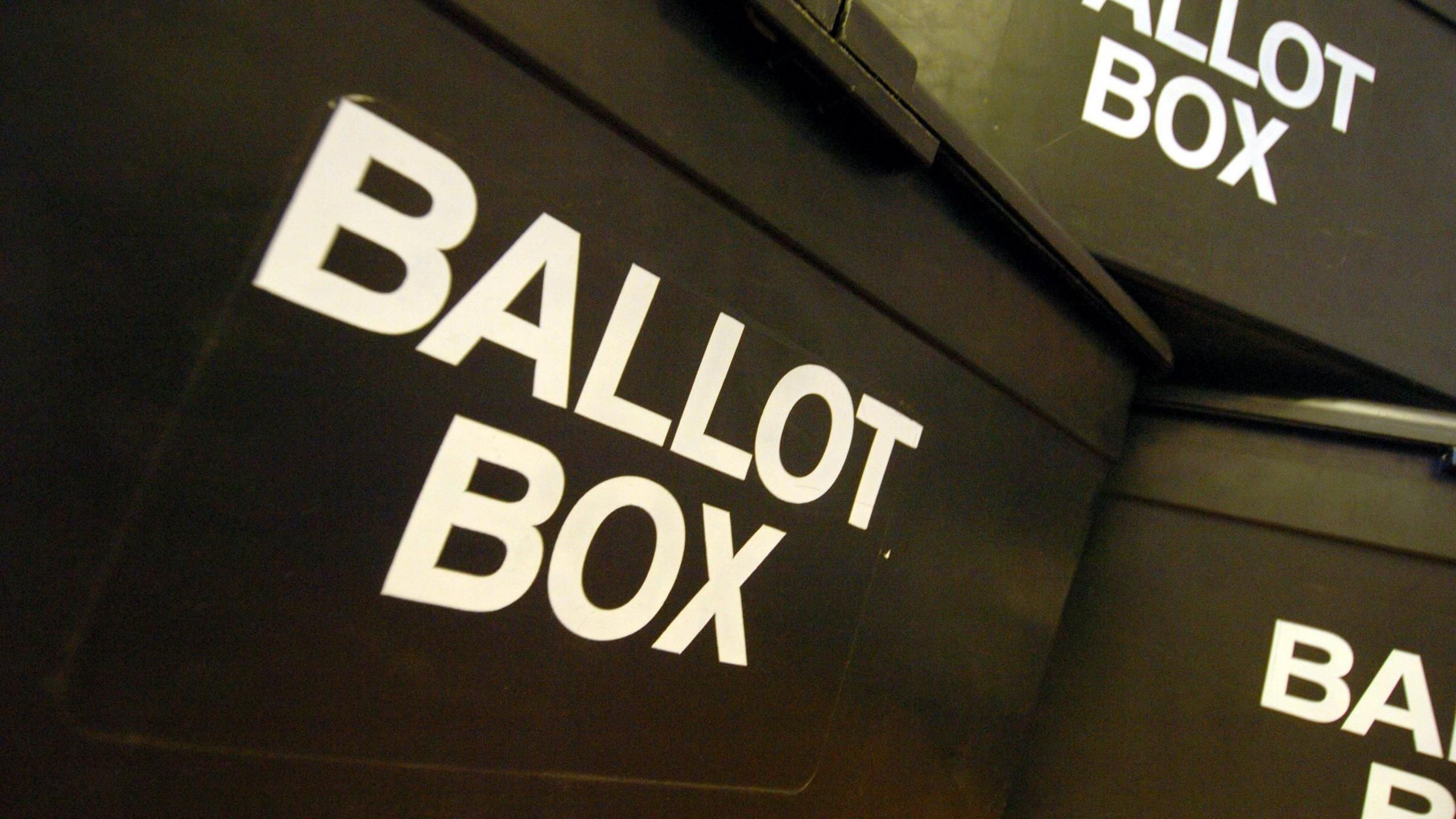
County councillors will be elected on 1 May
- Published
If you live in the county council areas of Nottinghamshire, Derbyshire and Leicestershire, you get a vote this Thursday.
It's the first time these seats have been contested since 2021, when Boris Johnson was prime minister and the Covid vaccine was helping Britain to emerge from the pandemic.
The Conservatives did very well back then, but a lot has changed. So what are the key things to look out for?
How is the government doing?
Nottinghamshire and Derbyshire tend to give a strong indication of where the parties are at nationally, and so it proved at last year's general election.
As Labour swept to power, the Conservatives were decimated across both counties, with Newark's Robert Jenrick left as the sole Tory survivor.
While many voters will focus on local issues, these elections are the first major test for Sir Keir Starmer's 10-month-old administration.
It is still early days for the government, but speaking to voters in towns and villages across the East Midlands, I'm not sensing much love for Labour right now.
The party performed badly in 2021 so ought to be making gains this time around.
It was notable that the prime minister chose Derbyshire to launch Labour's local election campaign.
His party may have every MP in Derbyshire, but it'll be a tall order to turn the county council from blue to red too.
The Tories merit a mention here too, as the hangover from their time in power in Westminster could also be reflected in the ballot boxes.
Are Reform UK really the next big thing?
While out campaigning in Ashfield in Nottinghamshire, Nigel Farage confidently told me that the political map of the East Midlands would look very different after 1 May.
With the party leading many national opinion polls and fielding a full slate of candidates, other senior Reform UK figures are equally bullish about their chances.
The party currently only has a small handful of county councillors in the East Midlands, so it starts from a low base.
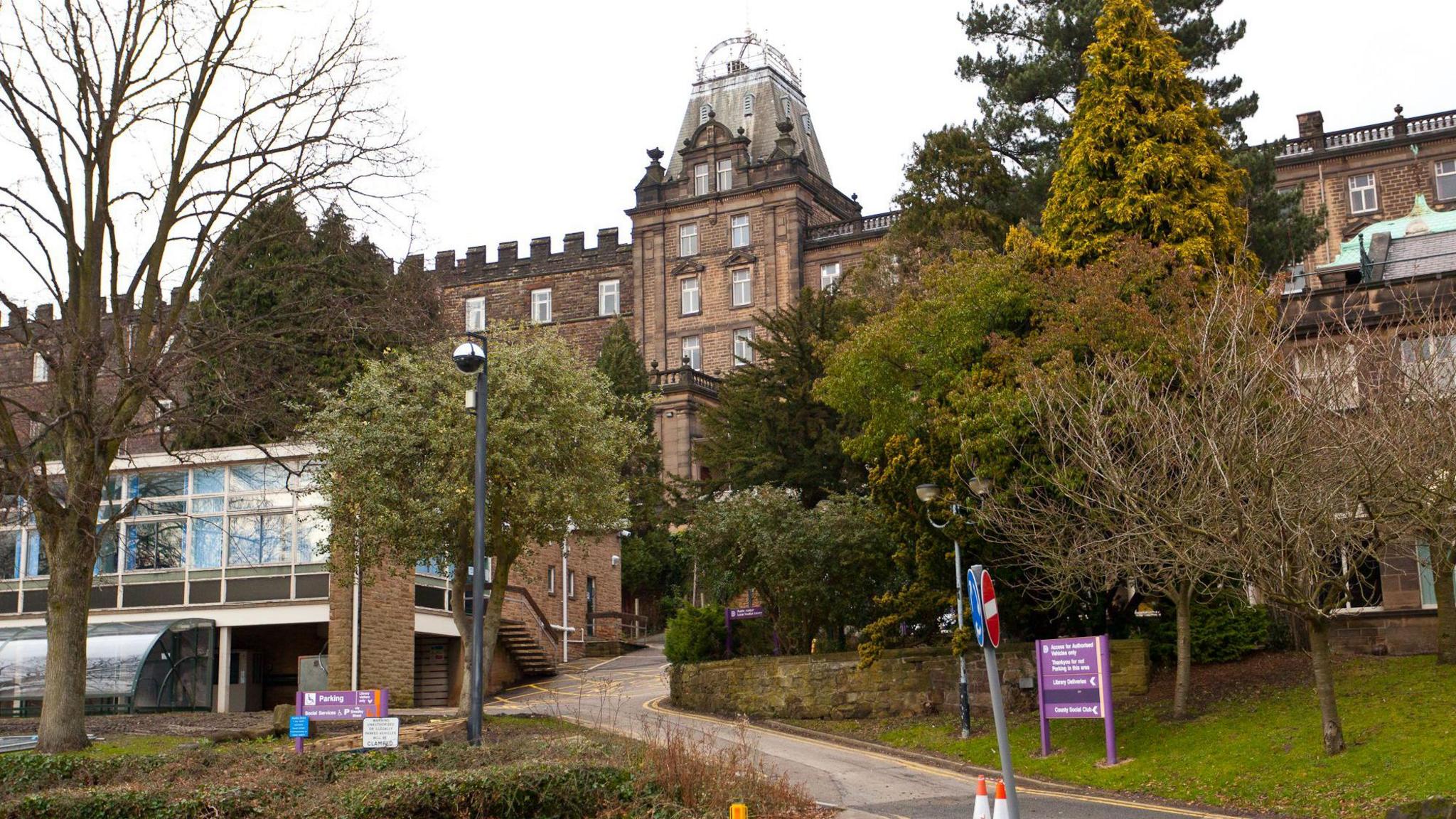
By the end of this week, we should know who holds the power at Derbyshire's County Hall
There is a school of thought that Reform has spread its resources too thin, and its activists don't yet have the experience to convert supportive noises on the doorstep into actual votes.
Stories about candidates' problematic social media histories don't help the party, either.
But Reform look to be in a strong position to capitalise on a general sense of disillusionment with the more established parties.
In private, many Labour and Conservative politicians I speak to are worried about Nigel Farage's band of upstarts.
Some from the more established parties, though, think it wouldn't be such a bad thing for Reform to have a go at running things, because with power comes far greater scrutiny.
It's the potholes, stupid
OK, I'm using a bit of poetic licence here by paraphrasing Bill Clinton's strategist James Carville's "it's the economy, stupid".
But in terms of issues in these county council elections, the state of the roads comes up time and time again.
Voters also raise concerns about special educational needs provision, adult social care and declining high streets.
In 2023, figures from the RAC suggested that Derbyshire had the biggest pothole problem of any county.
Motorists in Nottinghamshire might also think that their county could lay claim to be pothole capital of Britain.
Any party that can convince voters it can fix the roads is on to a winner.
Are voters just fed up?
Activists from all parties report that the mood on the doorstep feels particularly downbeat.
It could be a symptom of years of economic malaise and a feeling that the Conservatives, and now Labour, have struggled to turn things around while in government.
Voters keep saying things to me like "politicians make loads of promises but never keep them".
This presents an opportunity for smaller parties, but also independents, who have a strong track record in parts of Nottinghamshire in particular.
But it could also lead to a low turnout.
In 2021 in Leicestershire, for example, only a third of eligible voters took part, and it could be an even smaller percentage this time around.
If the votes that are cast are spread thinly across several different parties, there could be a fair few surprise results.
Wheeling and dealing
The Conservatives are unlikely to repeat their successes of 2021, and the party is bracing itself for losses.
While the Tories have outright majorities in Leicestershire, Derbyshire and Nottinghamshire, that might not be the case after Thursday.
In Nottinghamshire, the Tory majority is wafer thin - lose just one seat and the council will be hung.
So after the election, the focus may well move to how different parties, and possibly independent groupings, could work together to get things done.
Fans of British politics from 2010 to 2015 may well salivate at the prospect of formal coalitions, but it seems more likely that deals will be struck on a case-by-case basis.
It does, however, raise some fascinating questions about the relationship between the Conservatives and Reform UK, amid calls to "unite the right".
The wheeling and dealing could also have ramifications for the other major issue hanging over these elections - the big shake-up of local government and the scrapping of county councils.
Could the location of new council boundaries be the price of doing business?
You can see who is standing for election in your area here.
Get in touch
Tell us which stories we should cover in Derby
Follow BBC Derby on Facebook, external, on X, external, or on Instagram, external. Send your story ideas to eastmidsnews@bbc.co.uk, external or via WhatsApp, external on 0808 100 2210.
Related topics
- Published25 April
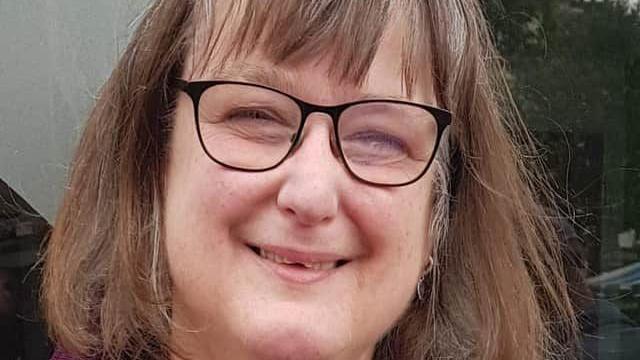
- Published24 April
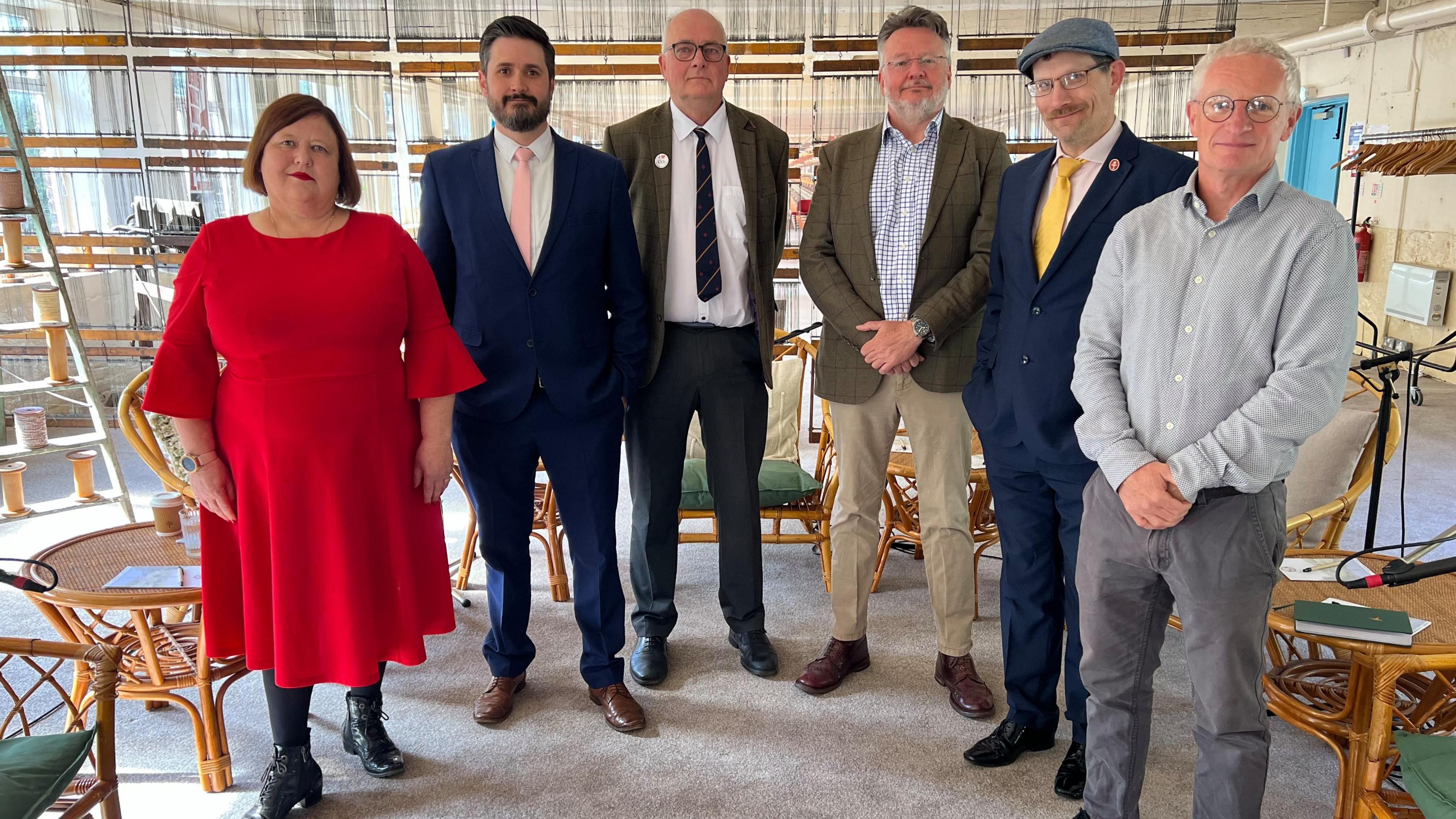
- Published24 April
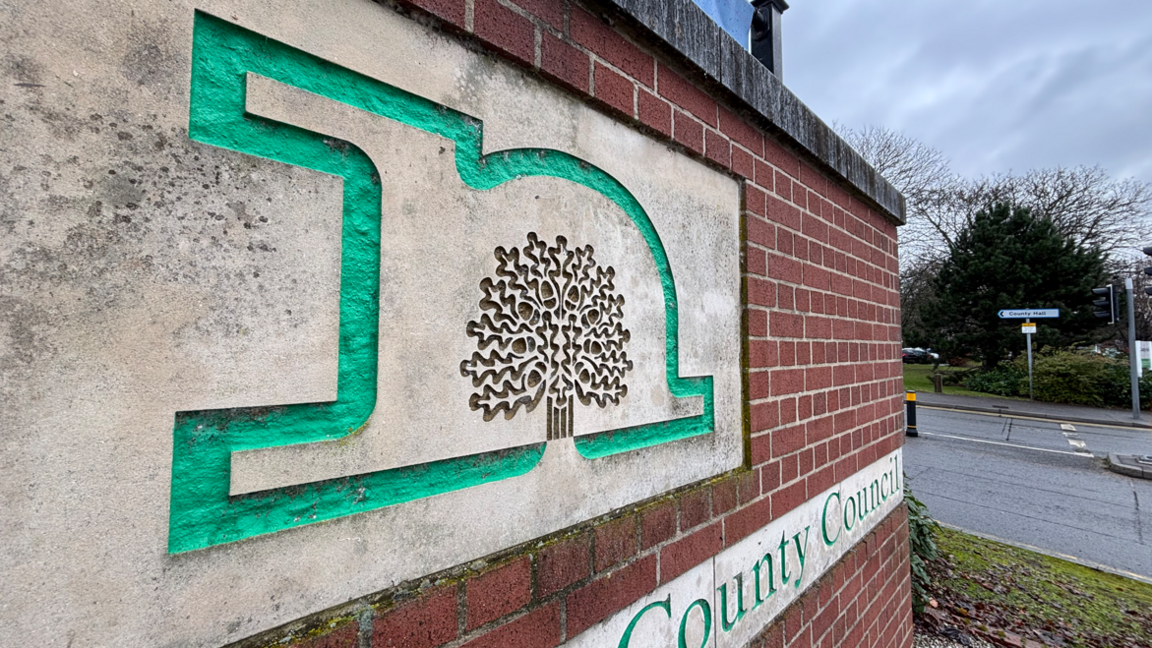
- Published3 April
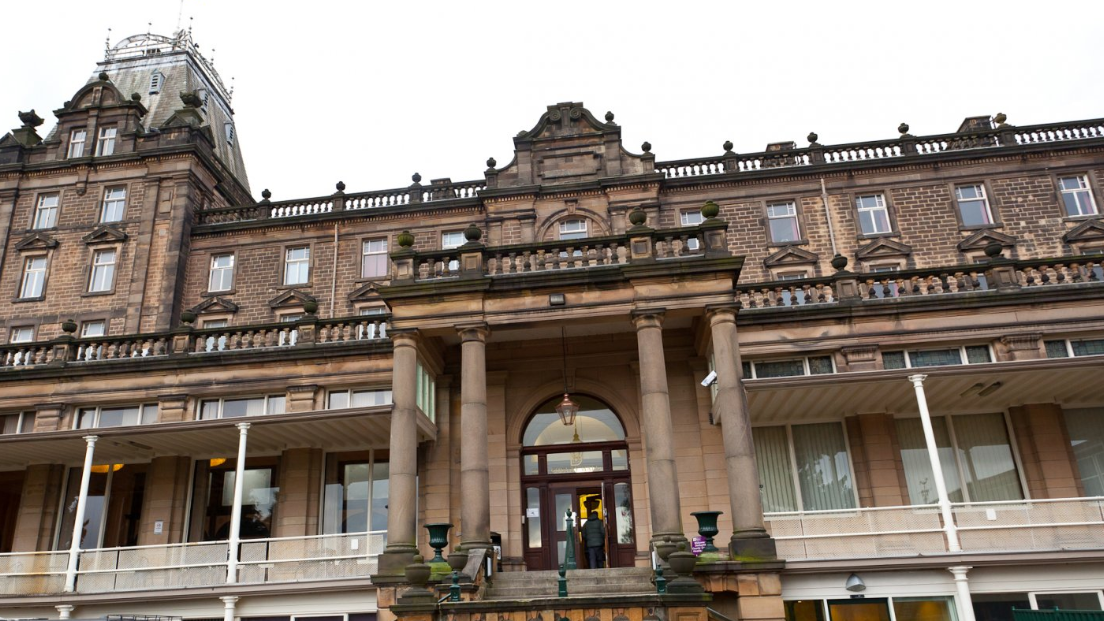
- Published30 March
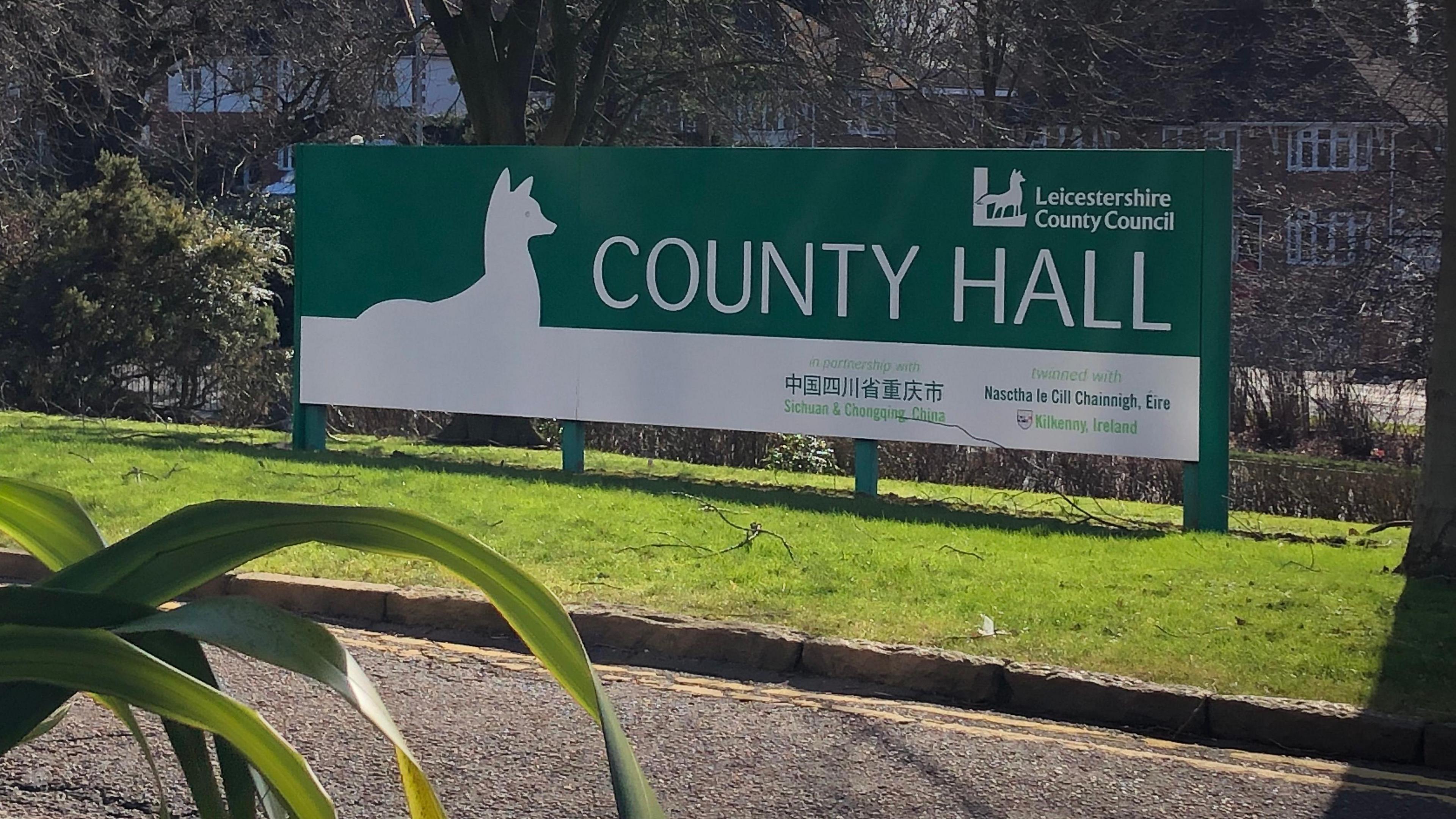
- Published3 May
